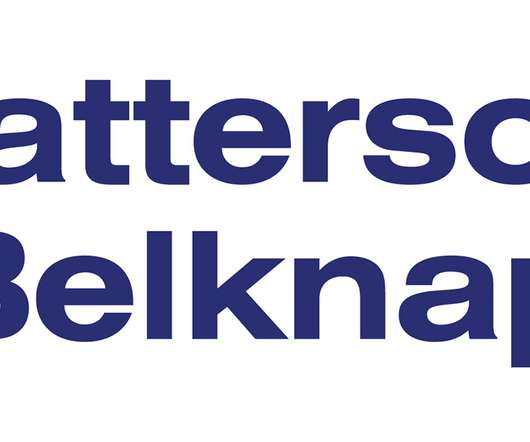Bill Limiting a Hospital’s Means of Collecting Past Due Medical Debt Poised to Become Law
Troutman Sanders
APRIL 2, 2021
The bill as proposed would prohibit hospital creditors from requesting wage garnishments against patients for debts if that patient was eligible for free or reduced-cost care. However, under the bill as proposed, a hospital may not request a lien against a patient’s primary residence.












Let's personalize your content